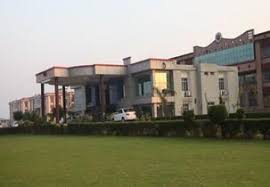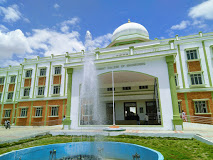
The Union Cabinet approved the Code on Wages Bill on 3 July, which subsumes existing laws regarding minimum wages and other workers’ remuneration issues as part of the government’s efforts to improve ease of doing business.
Speaking to the media after the Cabinet meting, Information and Broadcasting Minister Prakash Javadekar said the Cabinet had approved Bills on arbitration, wage code and surrogacy, but details of these could not be shared publicly till Parliament was informed since it is in session.
As a part of its ease of doing business initiative, the government will be subsuming a total of 44 labour laws into four codes — on wages, social security, industrial safety and welfare and industrial relations.
The government had brought the Code on Wages Bill, 2017 in the Lok Sabha on August 10, 2017, but it had lapsed when the 16th Lok Sabha was dissolved earlier this year. Labour and Employment Minister Santosh Kumar Gangwar had said the Bill would be brought in the ongoing session of Parliament, which is scheduled till July 26.
About the Bill:
The Code on Wages Bill was tabled in Lok Sabha in August 2017. But the Bill lapsed after the dissolution of the 16th Lok Sabha. The Bill proposed to empowerthe states to fix different minimum wages based on geography, skill and occupation, along with a national-level minimum wage which will act as a floor.
Currently, the minimum wages are fixed on the basis of categories such as skilled, unskilled, semi-skilled, high skilled, geographical regions, and nature of work. These categories are applicable for 45 central sphere establishments and 1709 scheduled employments in states.
At present, the Centre has fixed a non-statutory measure, that is, a National Floor-Level Minimum Wage, to ensure that states fix their minimum wages beyond this floor level.
Under the Code on Wages Bill, four labour laws will be combined. The four laws are:
1) Payment of Wages Act, 1936
2) Minimum Wages Act, 1948
3) Payment of Bonus Act, 1965
4) Equal Remuneration Act, 1976
Ministry of Labour and Employment:
Headquarters: New Delhi
Minister: Santosh Gangwar (independent charge)
Aim:
♦ To develop and coordinate vocational skill training and employment
♦ To create a healthy work environment for higher production and productivity
♦ It is responsible to protect and safeguard the interest of workers in general and the poor, deprived and disadvantaged sections of the society.





